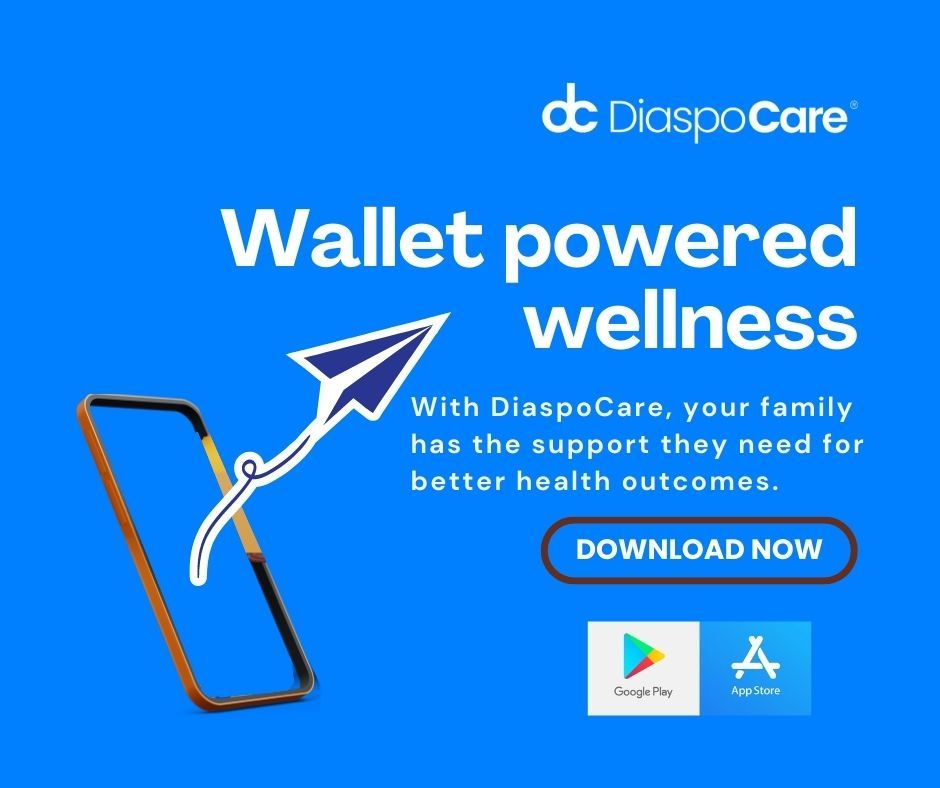Ghana’s healthcare system, long hampered by fragmented service delivery and limited diagnostic capacity, stands at the threshold of a fundamental transformation with the launch of an ambitious public-private partnership. On April 24, 2025, Tech Hub Africa LLC, a homegrown technology innovator, and U.S.-based DiaspoCare LLC formally inaugurated a collaboration in Accra to deploy a network of digital health kiosks, branded the HPod; designed to make quality medical services accessible to every Ghanaian, regardless of geographic location or income level.
The HPod kiosk represents an integrated suite of digital health services under one roof. Patients can undergo on-site laboratory testing with real-time diagnostics, consult virtually with licensed physicians, and coordinate long-term management of chronic conditions.
A secure mobile payment platform embedded in the kiosks promises seamless transactions, while connectivity to an expansive network of local pharmacies and healthcare professionals ensures that prescribed medications and follow-up care are delivered promptly. These capabilities, once confined to major hospitals, will now be available in under–served communities, closing critical gaps in preventive and primary care.


Tech Hub Africa’s co-founders, Doreen Awuku-Agyeman and Jemima Prempeh, described the partnership as a watershed moment for domestic innovation. “We are incredibly proud to partner with DiaspoCare to bring this game-changing health technology to Ghana,” they said in a joint statement, underscoring their conviction that leveraging digital platforms can transform healthcare from a privilege into a universal right. Their remarks reflect Tech Hub Africa’s broader mission to harness scalable, locally led solutions in sectors ranging from education to civic engagement.
The scale of the challenge is formidable: fewer than 30 percent of health facilities across Africa maintain functioning diagnostic laboratories, and more than 600 million people on the continent lack access to affordable primary care.
In Ghana, these deficits translate into delayed disease detection and suboptimal management of conditions such as diabetes and hypertension. By offering rapid, point-of-care testing and remote clinical consultations, the HPod aims to reduce reliance on centralized facilities and accelerate life-saving interventions in community settings.

A distinctive feature of the partnership is its embrace of diaspora engagement. DiaspoCare’s proprietary mobile payment solution enables Ghanaians abroad to fund their loved ones’ medical services directly, minimizing the risk of misappropriated remittances and guaranteeing prepaid care delivery.
This mechanism not only increases financial accountability but also forges stronger ties between the diaspora and domestic health outcomes, reinforcing a sense of shared responsibility for national well-being.
Beyond immediate improvements in service access, stakeholders anticipate substantial economic dividends. The nationwide roll-out of HPod kiosks will create new employment opportunities for health professionals, laboratory technicians, pharmacists, and IT support staff.
Such job creation is expected to bolster local capacity, stimulate growth in the health-tech sector, and generate multiplier effects across related industries, from logistics to device maintenance.
“This partnership is not just about health services. It’s about building the infrastructure for a resilient, tech-enabled health system in Ghana,” a DiaspoCare representative affirmed at the launch. Their statement emphasizes the project’s dual aim of addressing today’s clinical needs while establishing a digital backbone capable of accommodating future innovations, such as artificial-intelligence-driven diagnostics and population-level health monitoring.
As Ghana advances along its digital maturity journey, the Tech Hub Africa–DiaspoCare alliance exemplifies a continental shift toward health-tech solutions that prioritize equity, efficiency, and sustainability.
With robust support from public agencies and private investors, the HPod rollout is poised to serve as a replicable model for decentralized healthcare delivery across Africa, heralding a new era in which technology bridges longstanding divides and brings quality care within arm’s reach of every community.



